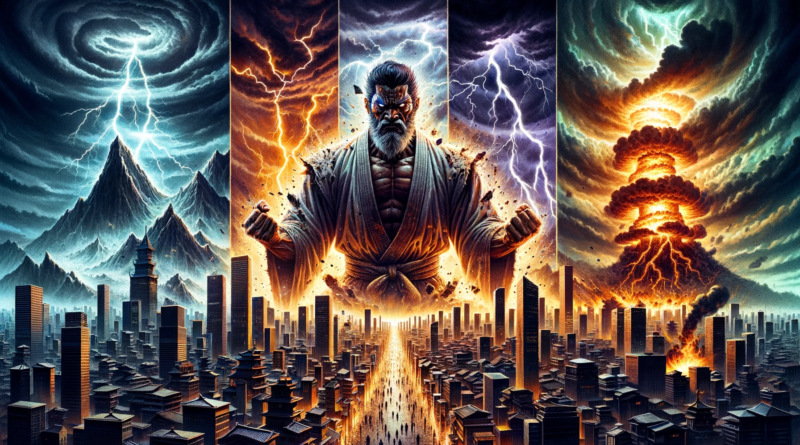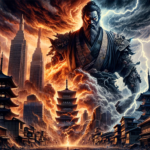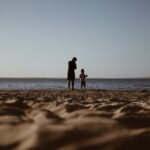Jishin, Kaminari, Kaji, Oyaji (地震、雷、火事、親父): Part 1
Jishin, Kaminari, Kaji, Oyaji: Part 1
地震、雷、火事、親父 Part 1
At the start of the new year, Japan experienced some terrifying events, such as a major earthquake and an airplane fire.
新年早々、日本では大型地震や飛行機の炎上など、恐ろしい出来事が起こりました。
To describe these terrifying things in the world, you can use the traditional Japanese expression jishin, kaminari, kaji, oyaji (地震、雷、火事、親父).
このような世の中の恐ろしいものを並べた古くからの表現に、「地震、雷、火事、親父」があります。
Jishin (地震) means “earthquake,” kaminari (雷) means “thunder,” kaji (火事) means “fire,” and oyaji (親父) means “father.” Therefore, the literal meaning of this expression is “earthquake, thunder, fire, and father.”
「地震」は “earthquake”、「雷」は “thunder”、「火事」は “fire”、「親父」は “father” を意味するので、「地震、雷、火事、親父」の文字どおりの意味は “earthquake, thunder, fire, and father.” となります。
It goes without saying that earthquakes, thunder, and fires are terrifying.
地震や雷、火事が恐ろしいことは言うまでもありません。
However, you may find it strange to have “father” following these three.
しかし、この3つに並んで「親父」は少し不自然に思われるかもしれません。




